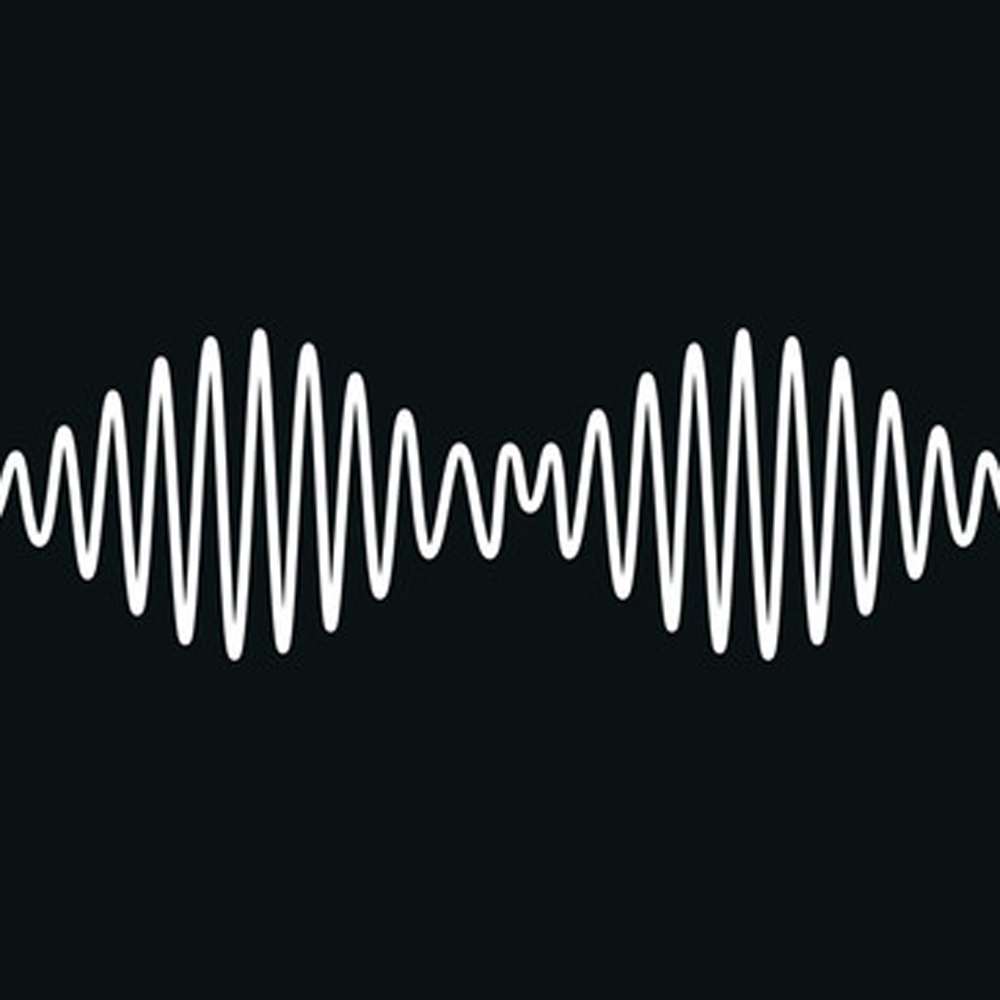Despite coming onto the scene as hyped up flash in the pans back in 2006, the Arctic Monkeys have managed to stay relevant less through the subversion of critical expectations as the complete sidestepping thereof. After front man Alex Turner’s witty lyricism started drawing comparisons to Jarvis Cocker and Morrissey for Whatever People Say I Am, That’s What I’m Not‘s clever wordplay, they toned down the overtly cheeky wordplay and made their Strokes-y pub rock more muscular and vibrant for sophomore Favorite Worst Nightmare. When that sound started to sound too calculated, they followed Josh Homme into the desert and traded in their dance rock ambitions for sludge-y guitar solos and noir-ish tall tales for Humbug. Their fourth LP, the misleadingly titled Suck It and See, presented a new level of growth and verisimilitude, a spirited and deft amalgamation of the varied sounds they’d toyed with on previous outings, refracted through a 60’s pop prism and pressed into an easily palatable vinyl throwback. The boys from Sheffield had fully transformed from the skinny jean manifestations of NME magazine’s Hyperbole Ejaculate into an honest-to-God Rock N’ Roll band, Guitars and Drums and Sexual Crooning delivered with a smug grin, but tempered with a sincere, self effacing work ethic.
When they dropped seemingly standalone single “R U Mine?” last year, fans expected more of the strutting, cocky 70’s rock Humbug had reintroduced us to. Alex Turner took razors to his plentiful locks and Matt Helders, drummer/part-time close friend of Sean Combs, began to wear shades indoors with a cheeky disregard that confounded those who wanted the Stones-y posturing to be ironic. A co-worker unfamiliar with the band walked in on me listening to the song and asked if it was Uriah Heep. Their fifth album, the superficially self-titled AM, delivers another swerve-y incarnation of the band. The “AM” of the title more likely stands for “After Midnight,” the woozy, comedown period of the night this entire record seems to exist in. In interviews, Turner name checked both Dr. Dre and Outkast as some of the more “out there” influences on their writing process, the former’s 2001 felt subtly on “Why’d You Only Call Me When You’re High?” Their usual assured riffs share the spotlight with a coterie of funkier-than-thou bass lines and the deployment of a surprisingly effective falsetto from Helders. The album writhes and moans more than the rest of their discography, feeling like the soundtrack to a lo-fi spy film.
The tone of the album calls to mind Turner and Miles Kane’s side project, The Last Shadow Puppets, but where that outing relied on a David Axelrod leaning scope and concepts as outsize as their orchestral arrangements, this album feels more intimate and singular. There’s considerably less Casual Yet Keen Observer Turner on this album. His gaze is fixed more on AM’s many love interests. It’s an entire collection of the Turner who wrote “505” and”Cornerstone.” There’s a reason half the song titles are either pleading questions or vulnerable declarations. If the majority of the Arctic’s catalog is framed as medium wide shots, full of a variety of characters and actions, AM is largely comprised of two shots and long, POV takes.
While the band, in rare form, nimbly weave in and out of boisterous, Sabbath owing jams like “Arabella” and slinkier fare like “No 1. Party Anthem,” the biggest element of this album that will keep bringing you back for repeated listens is Turner’s lyricism. The same way Pusha T will never run out of new and interesting ways to describe the selling and trafficking of cocaine, Alex Turner will ceaselessly continue to re-enforce his ability to tilt words into canted angle turns of phrase, expressing sentiments we’ve all heard regurgitated throughout the history of pop music with a fresh, vital perspective. He may be the world’s foremost rock front man who belongs on RapGenius. When comparing a paramour to the sunset, he muses “The horizon tries, but it’s just not as kind on the eyes.” On the standout “Knee Socks,” he coos, in full on Ronettes mode, “Like the beginning of Mean Streets, you can Be My Baby,” a line that should win a Grammy for Pop History Inception.
There’s a pained confidence on display in these songs, buttressed by girl group “oohs” and the like, that pushes the album’s nostalgic psych rock into 60s R&B territory, a genre I imagine Turner would find himself delighted to work in, should a time machine ever present itself. They’re able to slow things down and get ballad-y, without the switching of gears coming off as saccharine or disingenuous. Five albums in, the Arctic Monkeys find themselves an unstoppable locomotive of pure Rock N Roll energy, running on an engine of sweet sincerity and delicious grooves. Who’d have thought, of all the Brit rock revivalists, they’d be the ones still standing tall?


